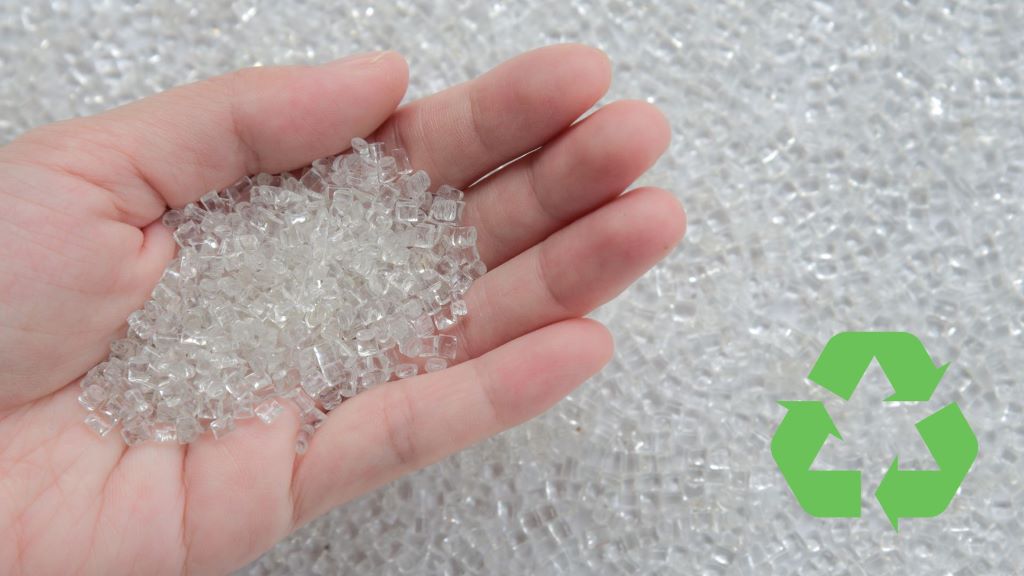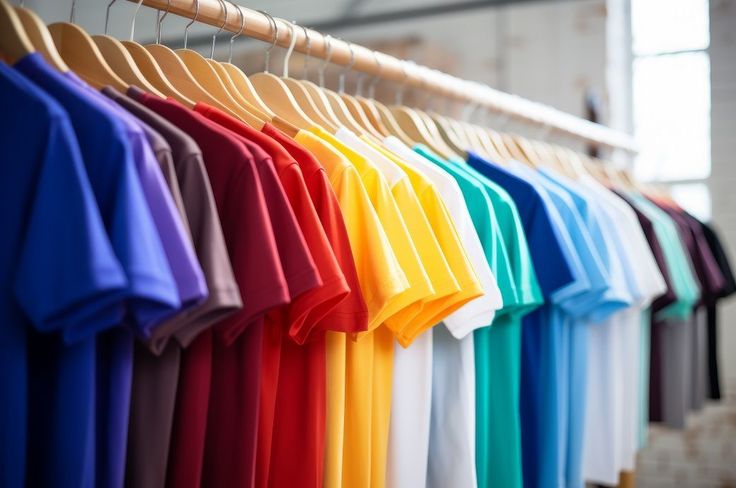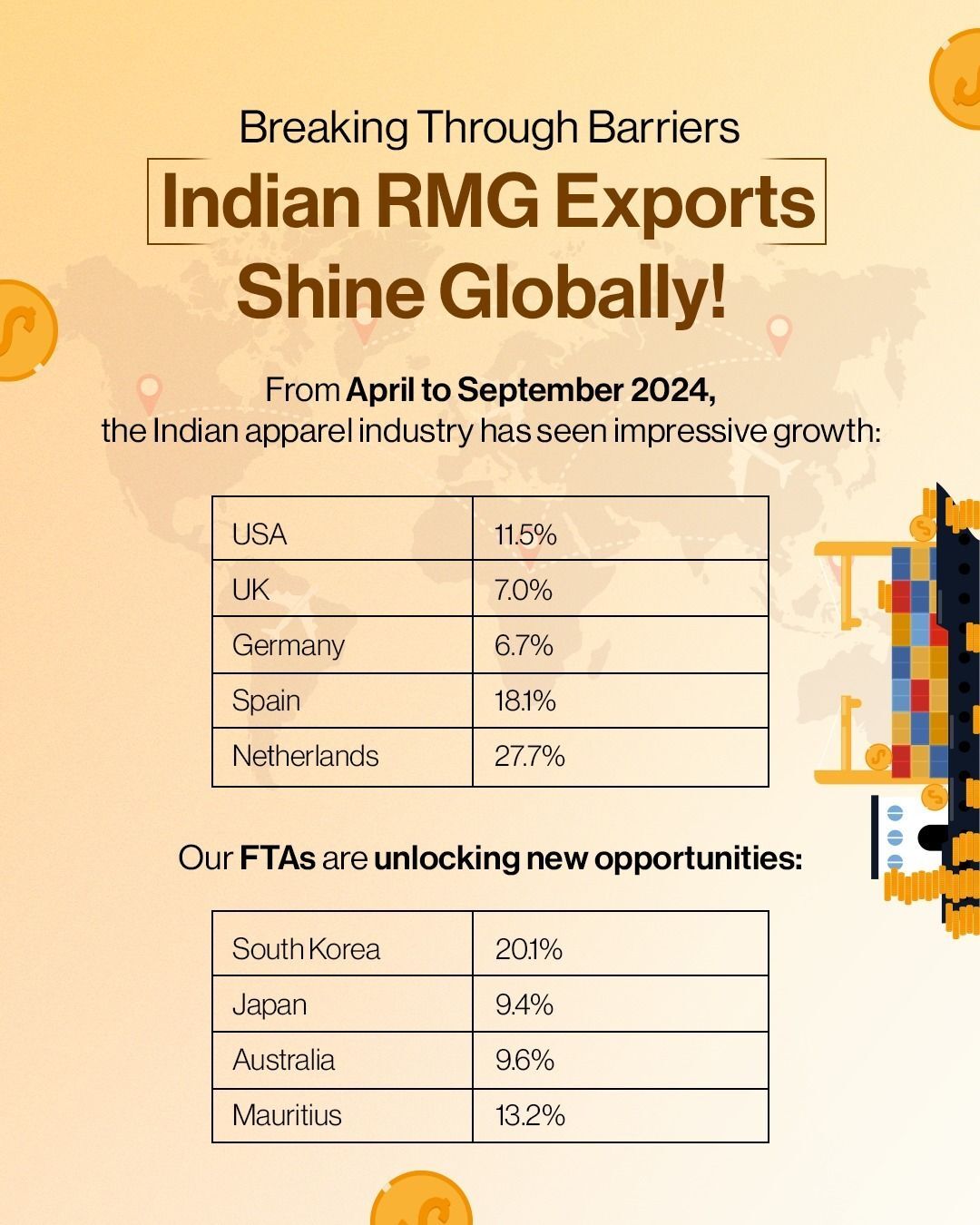
The fashion industry's long-standing reliance on recycled polyester from plastic bottles is facing scrutiny as its drawbacks become apparent. Initially celebrated as a sustainable solution, this approach is now being reassessed in favour of a more circular model.
Disrupting recycling loops
Brands like H&M, Patagonia, and Zara have championed recycled polyester from plastic bottles as a means to reduce reliance on virgin polyester and its high carbon footprint. However, this method disrupts existing bottle recycling loops, competing with closed-loop systems for beverage containers. Consequently, fewer bottles are recycled back into bottles, and the energy-intensive process of transforming bottles into polyester offsets some environmental benefits. Richard Wielechowski, Senior Investment Analyst, Planet Tracker points out, the biggest problem with bottles as a source for recycled polyester is that it takes bottles out of a circular loop in plastic packaging.
Landfill concerns
Despite its eco-friendly intentions, clothing made from recycled polyester often ends up in landfills, contributing to microplastic pollution and methane emissions. Synthetic fabrics, including recycled polyester, shed microplastics during washing, exacerbating plastic pollution in oceans and waterways.
Data points
• Synthetic fabrics like polyester account for 54 per cent of global fiber production, surpassing cotton.
• Only 1 per cent of clothing gets recycled.
• Unifi, a major recycled polyester producer, aims to convert the equivalent of 1.5 billion old T-shirts into new polyester yarn by 2030.
Embracing textile-to-textile recycling
Recognizing the limitations of bottle-to-clothes recycling, the fashion industry is turning towards textile-to-textile recycling as a more sustainable alternative. H&M's $600 million investment in Syre, a startup pioneering textile-to-textile recycling, signals a significant shift in strategy. Syre aims to establish large-scale plants capable of processing vast quantities of used clothing, thereby closing the loop on textile waste.
Meanwhile leading brands like Zara from Inditex and Puma are also embracing textile-to-textile recycling, partnering with companies like Ambercycle. This collaborative approach marks a departure from bottle-based recycled polyester production.
Overcoming challenges
Despite the promise of textile-to-textile recycling, challenges persist, particularly regarding microplastic pollution. Scalability is also an issue as the current infrastructure needs significant expansion to handle the industry's massive waste stream.
However, efforts to minimize fiber release during washing and develop filtration systems for washing machines are underway to address the issue of microplastics. The establishment of large-scale textile recycling infrastructure remains in its early stages, highlighting the need for industry-wide collaboration to ensure sufficient capacity.
The broader impact
The transition to textile-to-textile recycling will significantly enhance the fashion industry's sustainability efforts by reducing reliance on virgin polyester and minimizing landfill waste.
Increasing consumer demand for sustainable practices, coupled with government regulations like the EU's Extended Producer Responsibility (EPR), are driving this shift. Brands face mounting pressure to adopt sustainable solutions, making textile-to-textile recycling an attractive option.
A new narrative for sustainable fashion
While recycled polyester from bottles played a role in raising awareness about sustainability, the fashion industry is now embracing a more circular approach centered on textile-to-textile recycling. This shift, combined with efforts to address microplastic pollution, heralds a brighter future for sustainable fashion.












